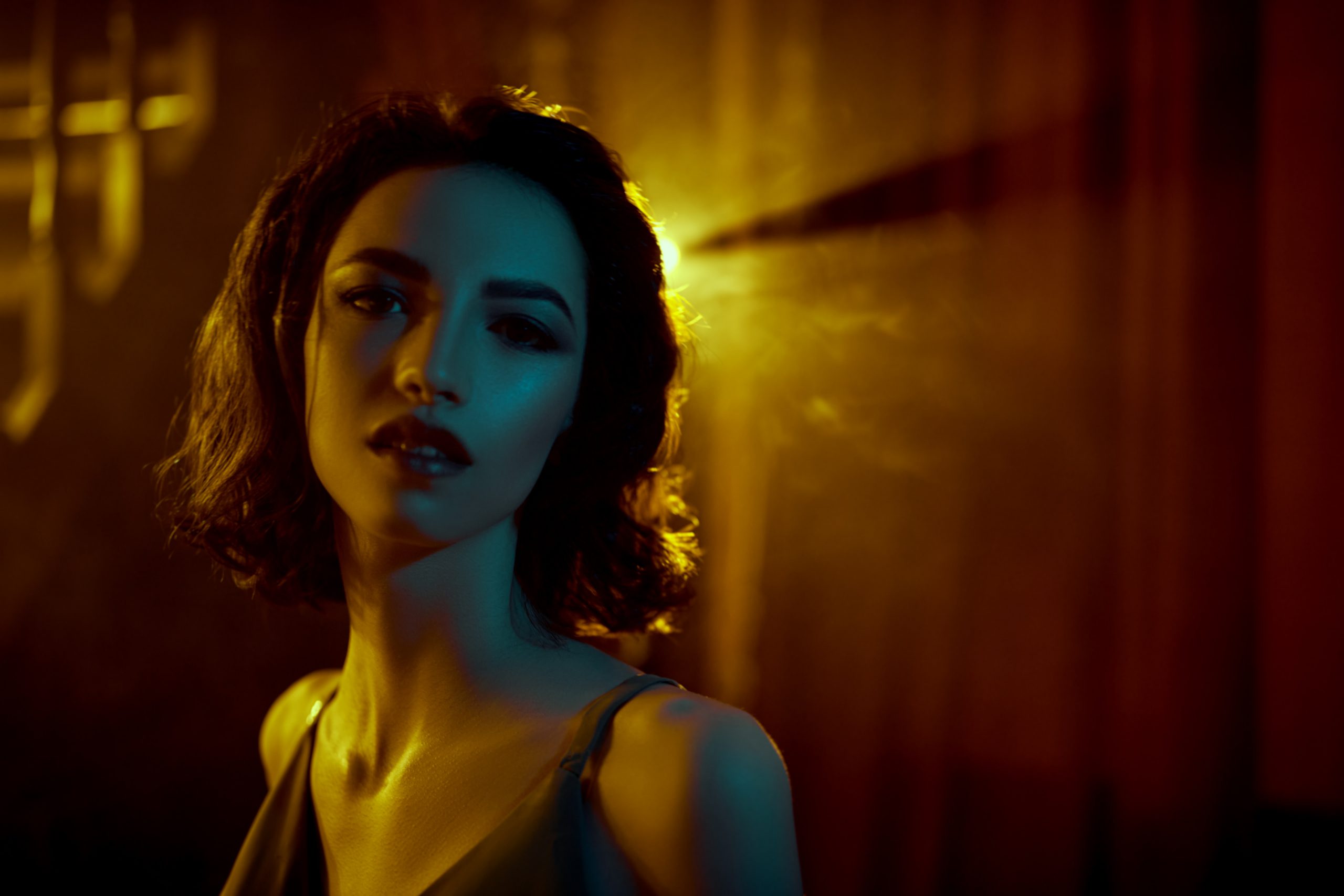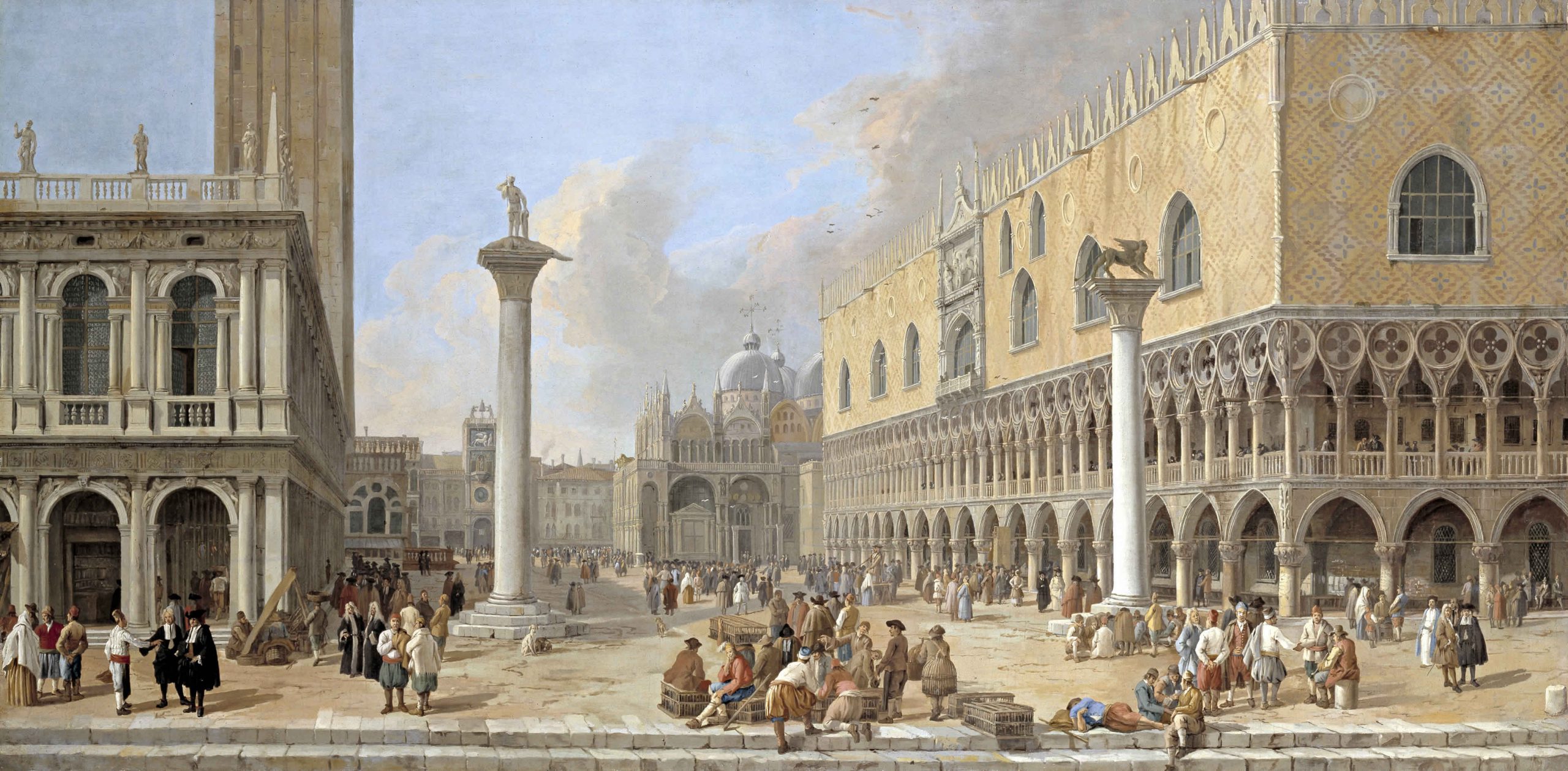
It’s been an unusual Toronto International Film Festival. Thanks to the dual strikes, gone are the star-studded red carpets, replaced by relatively quiet introductions and a general lack of fanfare. Sure, there are a few famous faces around town, but it’s not the traditional celebrity-scape that this festival has become. TIFF 2023 nonetheless had the festival’s best opening night film in years, possibly ever, with the form of Hayao Miyazaki’s “The Boy and the Heron,” granting a lucky audience the first chance to see the film outside of Japan.
If “The Wind Rises” was the final chapter of Miyazaki’s notable career, this is the epilogue. This masterful film echoes themes he’s played with his whole life while blending his childlike wonder and a sense of approaching finality. It is somehow both a kid’s fable and an old man’s goodbye at the same time, a recognition that the days of creation are soon to end but that Studio Ghibli has now empowered generations to express their own voices. It takes a bit longer than I’d like to get going, but that feels like a non-factor by the time it’s built to its emotional climax. “The Boy and the Heron” is another wonderful piece of work from Miyazaki. It’s a gift.
Like so many Miyazaki films, the action of “The Boy and the Heron” spins off childhood fear and trauma. Mahito loses his mother in a hospital fire and then is forced to flee Tokyo during the war with his father and his new bride, Natsuko. In the countryside, he finds an ancient building that houses many secrets, including a passage to another world where Natsuko gets lost, and Mahito can save his new mother, possibly his old mother, and maybe the entire world.
“The Boy and the Heron” clearly plays with themes that Miyazaki has explored before with echoes of “Spirited Away,” “My Neighbor Totoro,” “Howl’s Moving Castle,” and more, but this is no mere greatest hits. It’s the work of an artist reflecting on a career. Without spoiling anything—and I’ll go into greater depth in a full review when it releases in December—this story is about acceptance, redemption, and the power of creation. It’s a film that somehow recalls “Alice in Wonderland” and Miyazaki’s own life simultaneously. “The Boy and the Heron” features a character who could be God or Miyazaki (or both) alongside fascist parakeets who hysterically like to sharpen knives, magical little creatures called Warawara who seem destined to be on Ghibli products for generations, and, of course, the heron of the title, who is a classic trickster and a creature who seems to torment Mahito but hides his courage.
“The Boy and the Heron” was inspired by Miyazaki’s favorite book as a child, How Do You Live?, which is the direct translation of the film’s title in Japan. He’s very explicitly drawing lines from what inspired him when he was young (along with some autobiographical details) to how he hopes he’s inspired people over the last 40 years. It is about a place where life and death intertwine, where childhood and the end of life can be reflections of one another. There is so much to unpack thematically and narratively in “The Boy and the Heron,” but the last thing I’ll mention is that it’s simply gorgeous. When it traverses the Earthly plane almost exactly halfway through the film, it becomes one of Miyazaki’s most striking visions. It feels like a dream of one of our greatest creators sprung to life.

This is a tough transition, but a very different story of youth, creativity, and the vitality of innocence plays out in Minhal Baig’s “We Grown Now,” which has already been selected to open the Chicago International Film Festival next month. It’s a great call by that fest’s programmers because this is a deeply Chicago movie that hums with the vital energy and danger of my favorite city in the world. There are times when Baig’s film reaches for profundity in a deliberate manner instead of just letting it come naturally, but this is a solid family drama anchored by warm visual language, deep empathy for its characters, and a wonderful performance from Jurnee Smollett.
The childhood “Eve’s Bayou” star has now become the mother, a woman named Dolores, who lives in the infamous Cabrini-Green, a Chicago project that went from an ambitious urban development to one of the more crime-riddled areas of the city. Dolores is mother to 12-year-old Malik (Blake Cameron James), a smart, playful young man who hasn’t yet lost that childlike energy that gets so quickly drained from young people around that age. And he’s on the verge of growing up too fast as the community around him becomes increasingly dangerous. Not yet, though. There’s still time to play with his best friend Eric (Gian Knight Ramirez) and to bond with his grandmother Anita (an excellent S. Epatha Merkerson).
Without too much melodrama, “We Grown Now” is the story of a mother who is forced to break up her son’s formative friendship for his own safety. But it’s not a sensationalistic, movie-of-the-week handling of inner-city crime. “We Grown Now” gains its most power from the warmly lit interior scenes of family and friendship, hot spots in an increasingly cold city. Baig never looks down on her characters or uses them as props for heartstring-tugging. She treats them with the respect they deserve.

Finally, there’s the intriguing “Unicorns,” a film with two excellent, courageous performances that are slightly let down by a script that saddles them with too much blunt dialogue. It’s almost like the team behind this film didn’t know they’d have two performers who could handle the nuance of these people and so gave them too many lines that sound like something people say in movies, not real life. This is one of those films in which people too often say exactly what they’re feeling or want from a situation when a stronger version of this film is more realistically awkward and uncertain. The leads are good enough to hold it together, and I think it could be a truly powerful piece of drama for some people, I just wish it trusted itself and its audience as much as it should have.
Ben Hardy plays Luke, a single father and mechanic who stumbles into a secret club under a restaurant one night, where he meets Aysha (Jason Patel). He’s immediately drawn to her and doesn’t notice her Adam’s Apple until after they kiss. The tough, macho Luke, whose dad makes homophobic jokes to Luke’s son while they watch football, can’t handle the emotions, pulling away from Aysha. But she senses something here, and the two begin a relationship, with Luke driving her to performances around London.
Of course, “Unicorns” is a love story, but it’s about two people who are not just sexually drawn to one another but inspire each other to take risks and become the people they’ve always wanted to be. There’s inherent power in that story, and Hardy and Patel really understand these characters and how they navigate their worlds. It’s in Hardy’s emotional eyes or Patel’s captivating smile. Those little choices are often better than the direct dialogue given to them. Sometimes transformations don’t need words.




